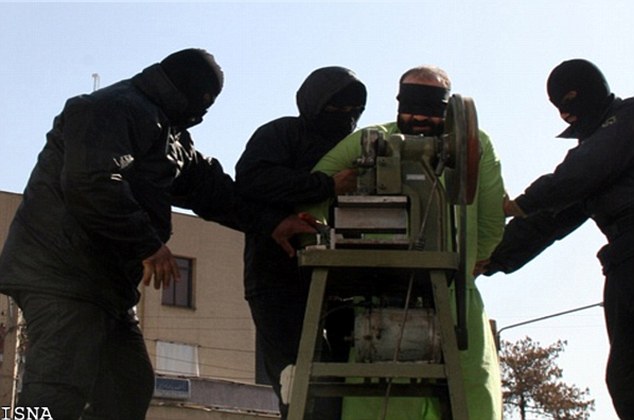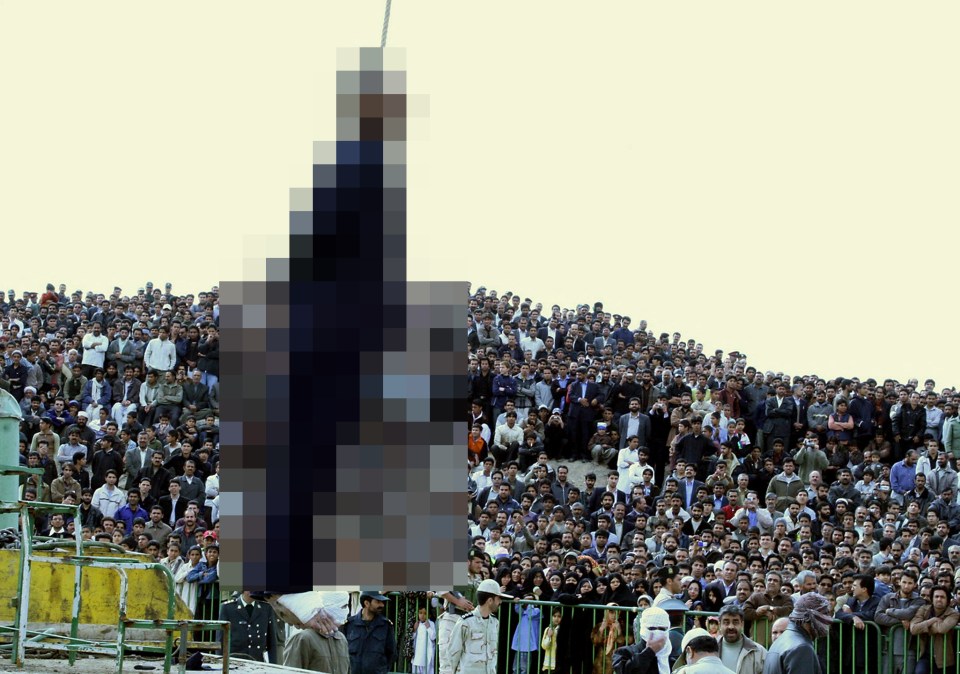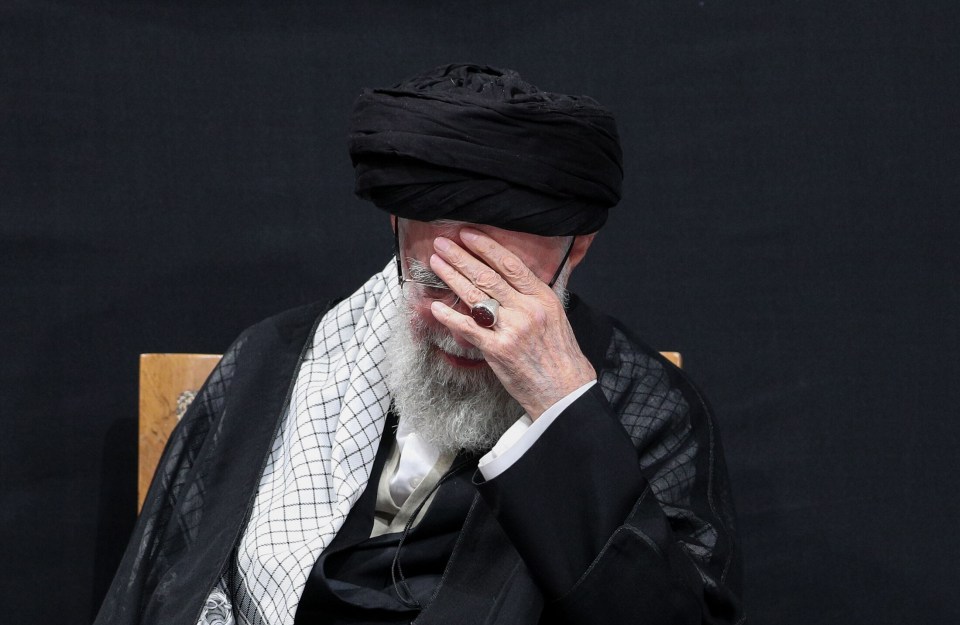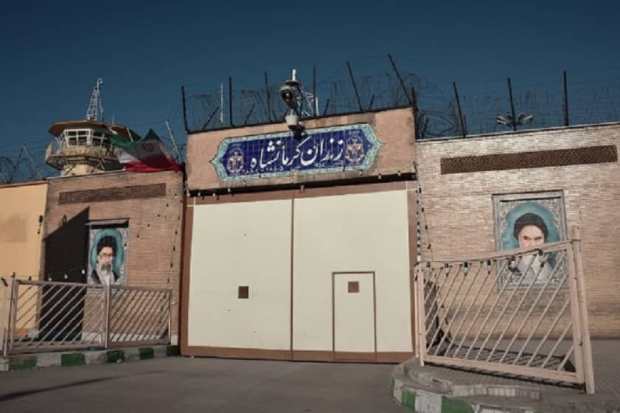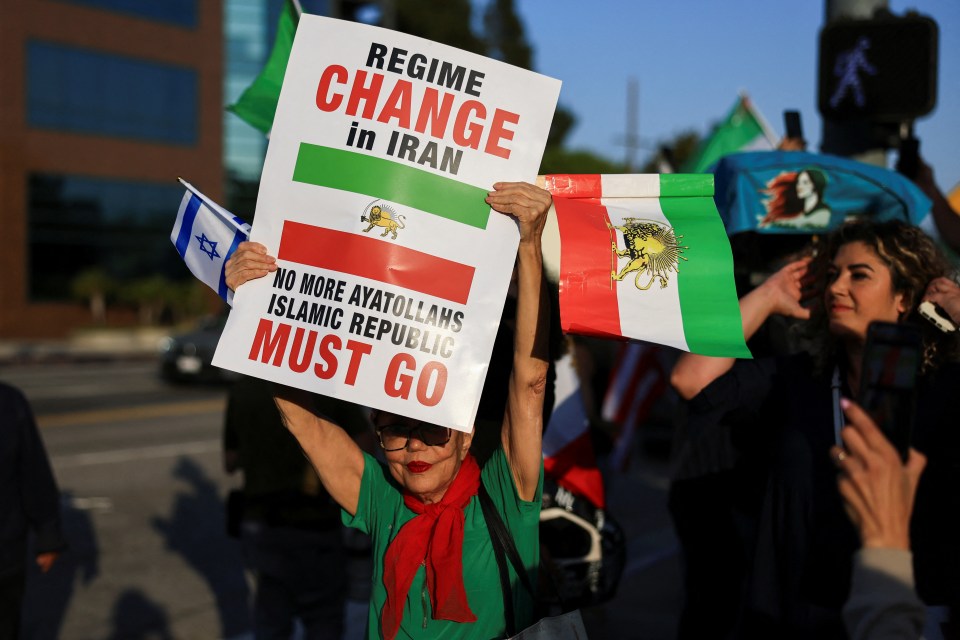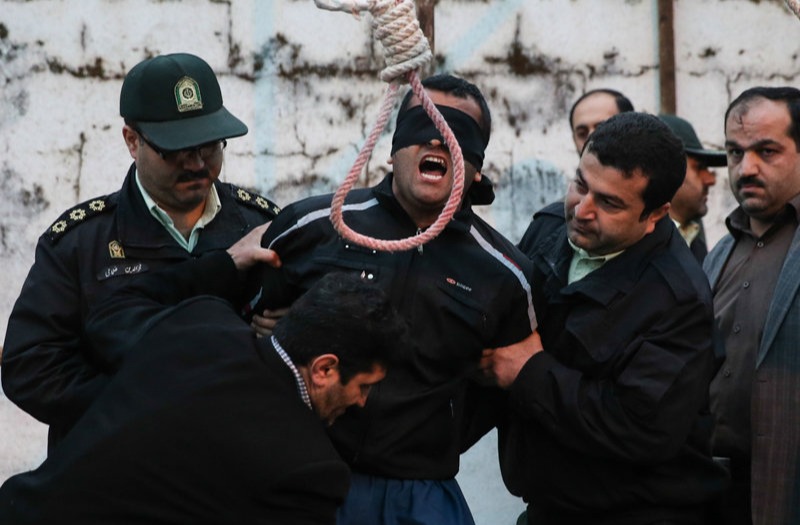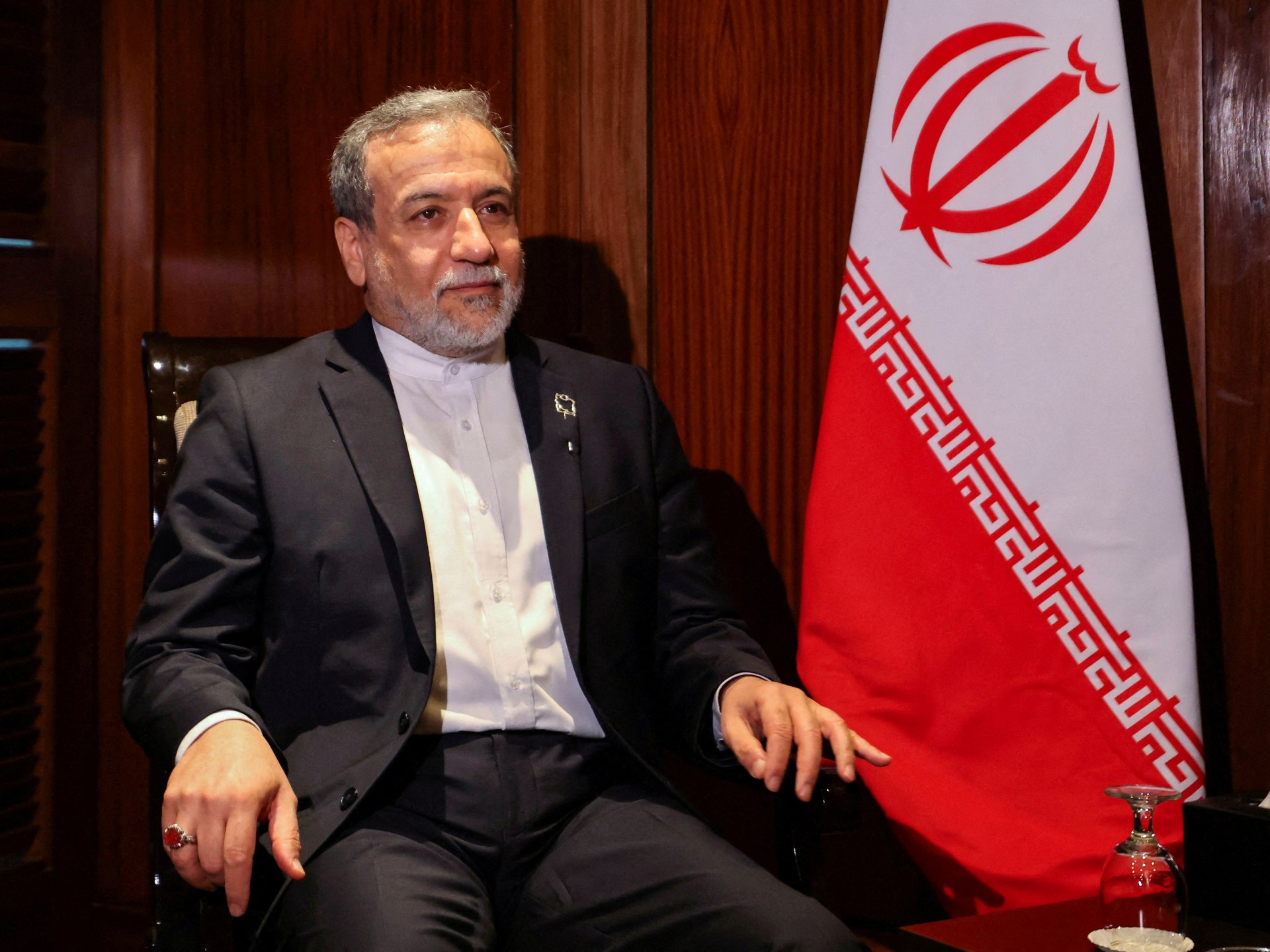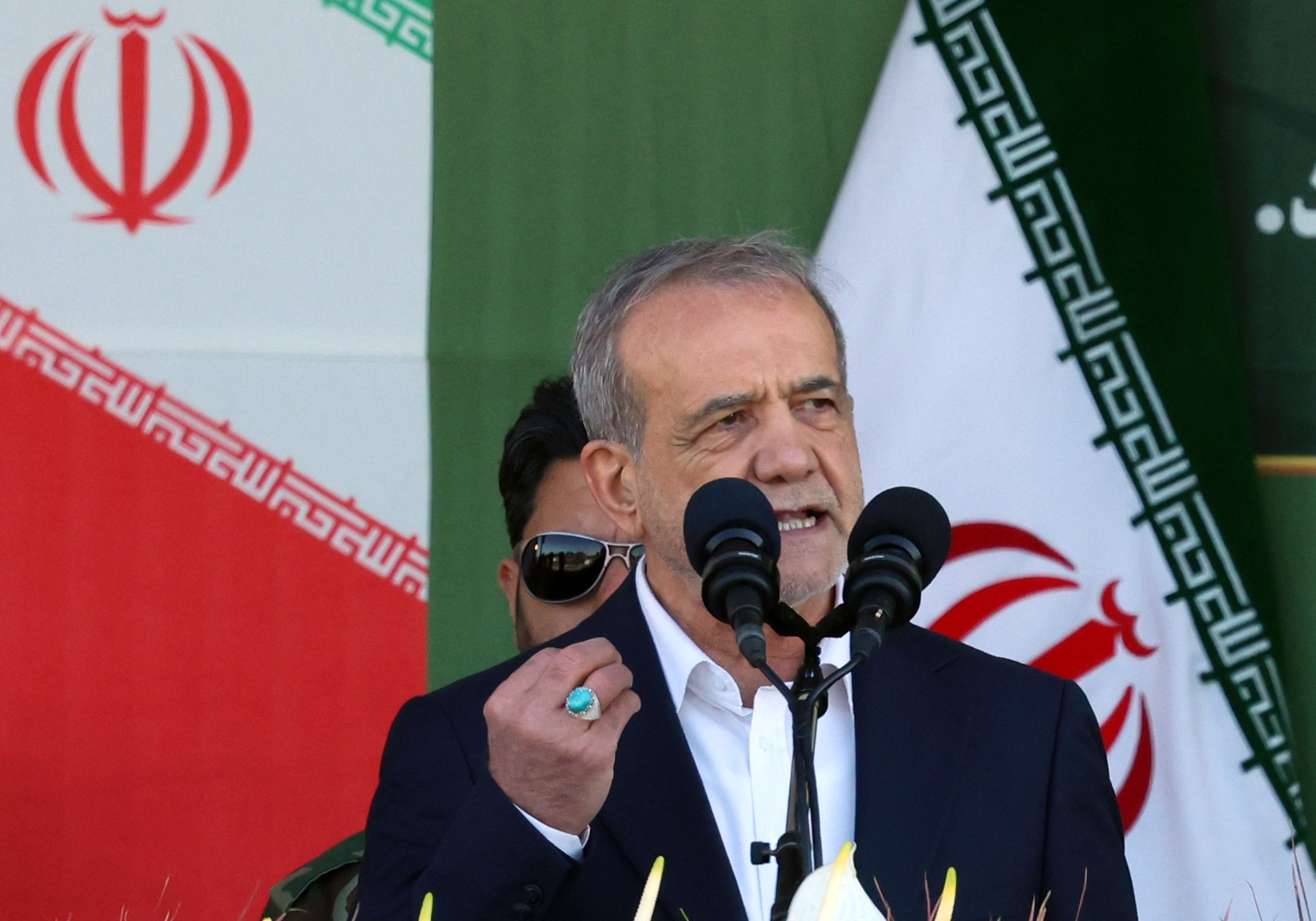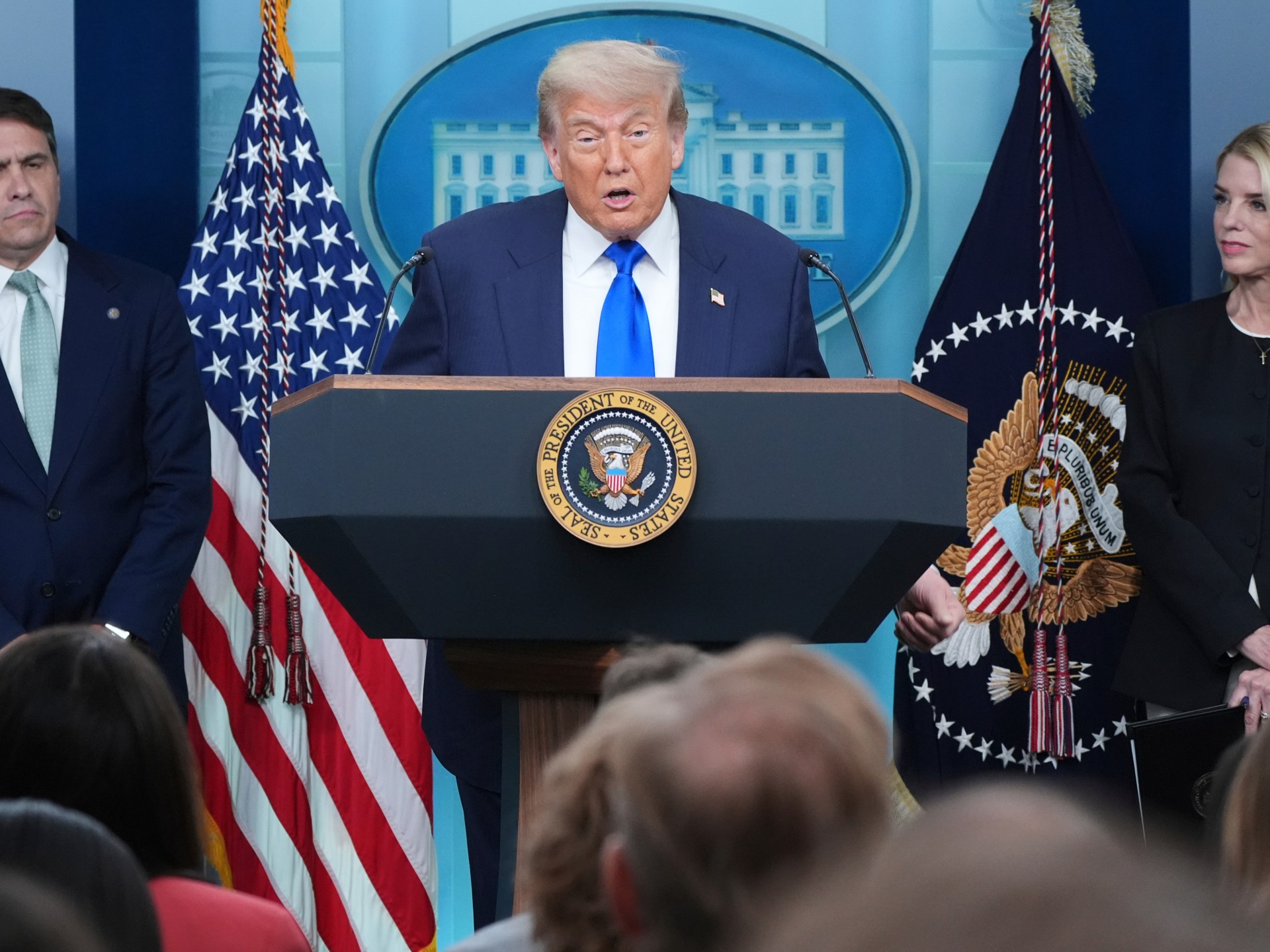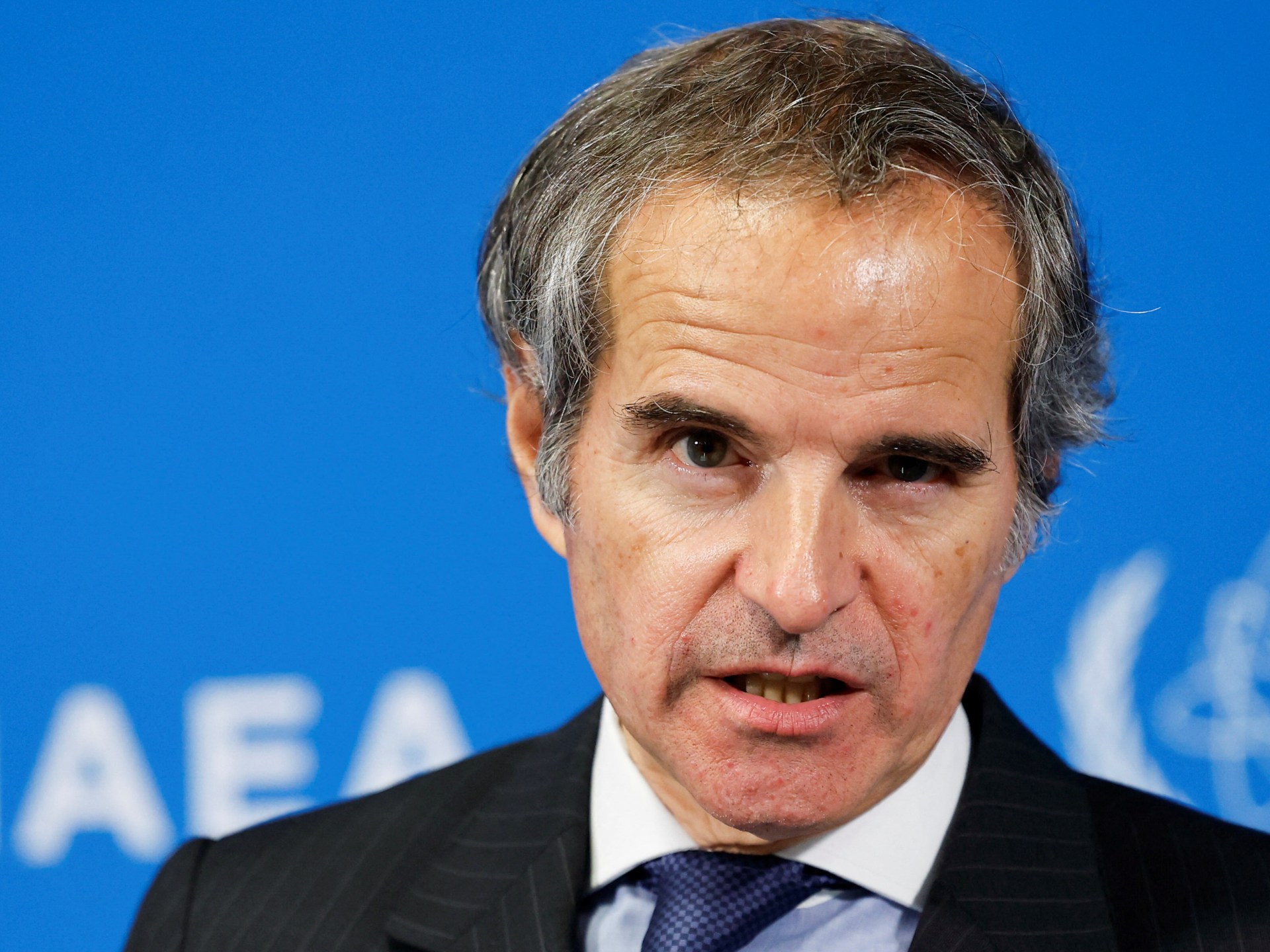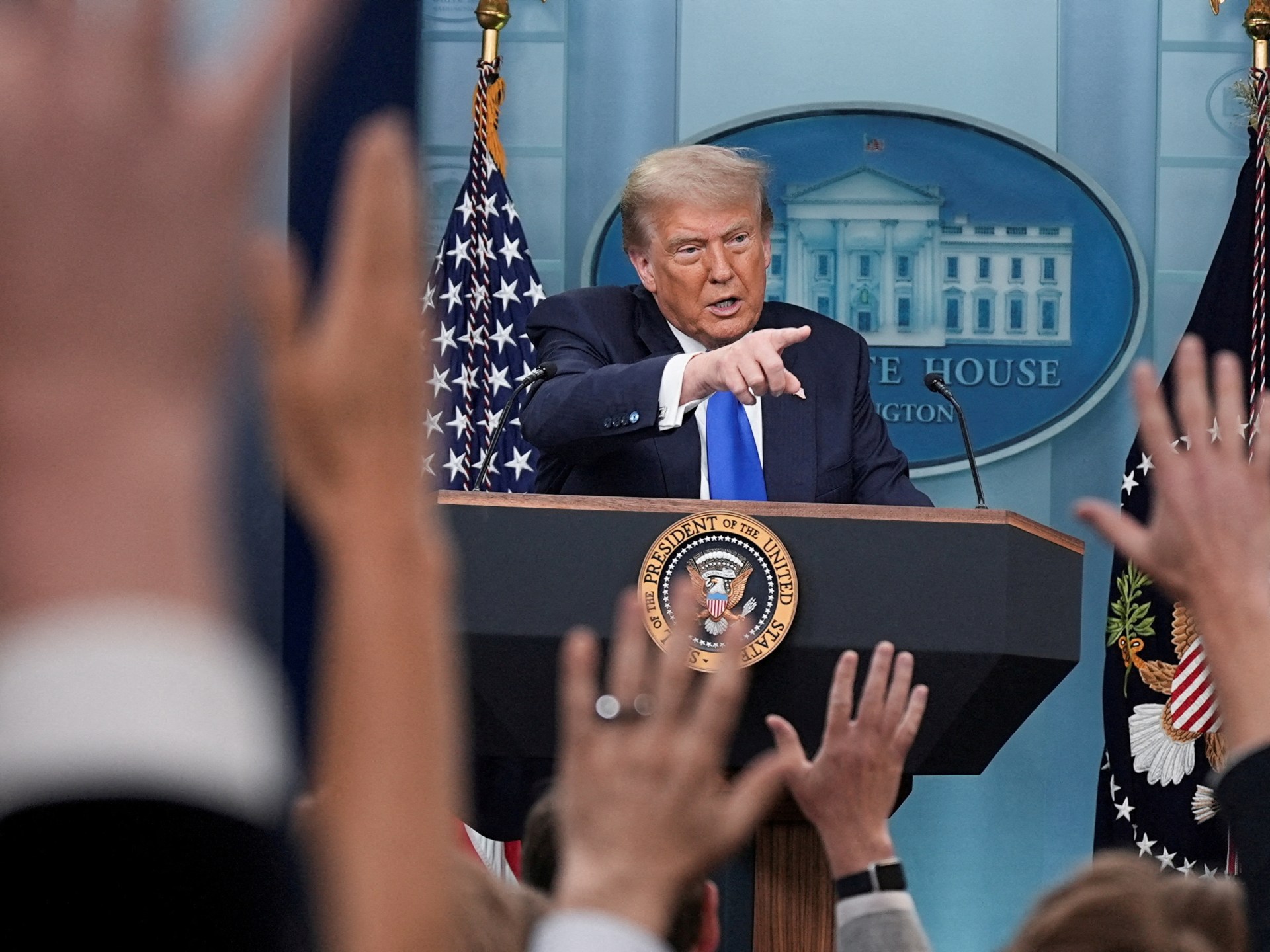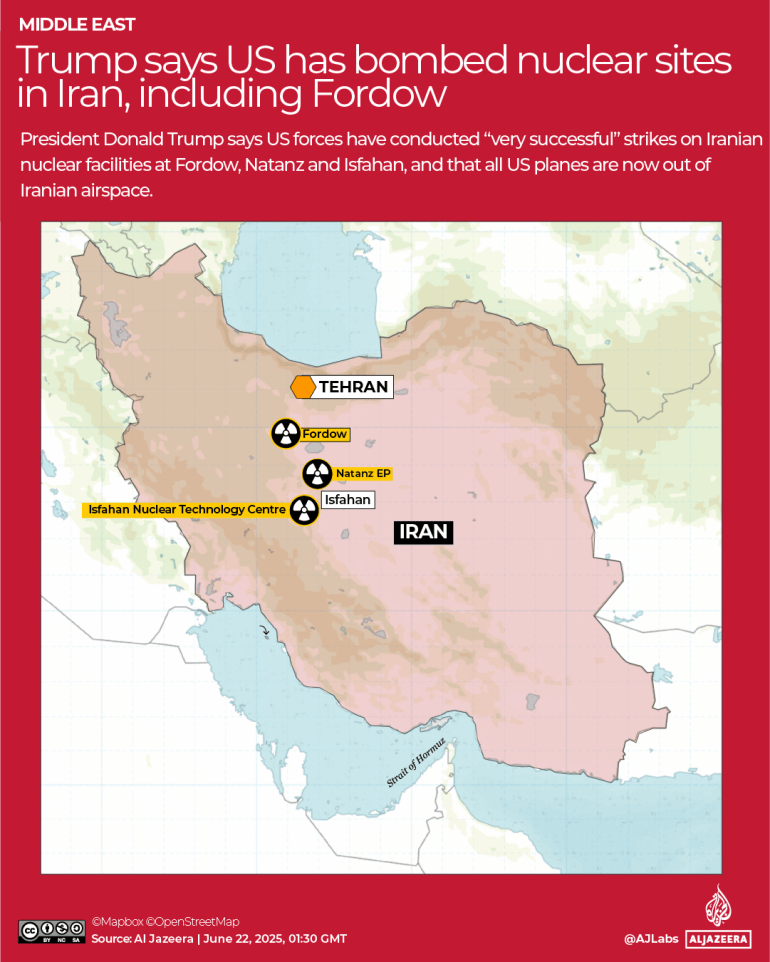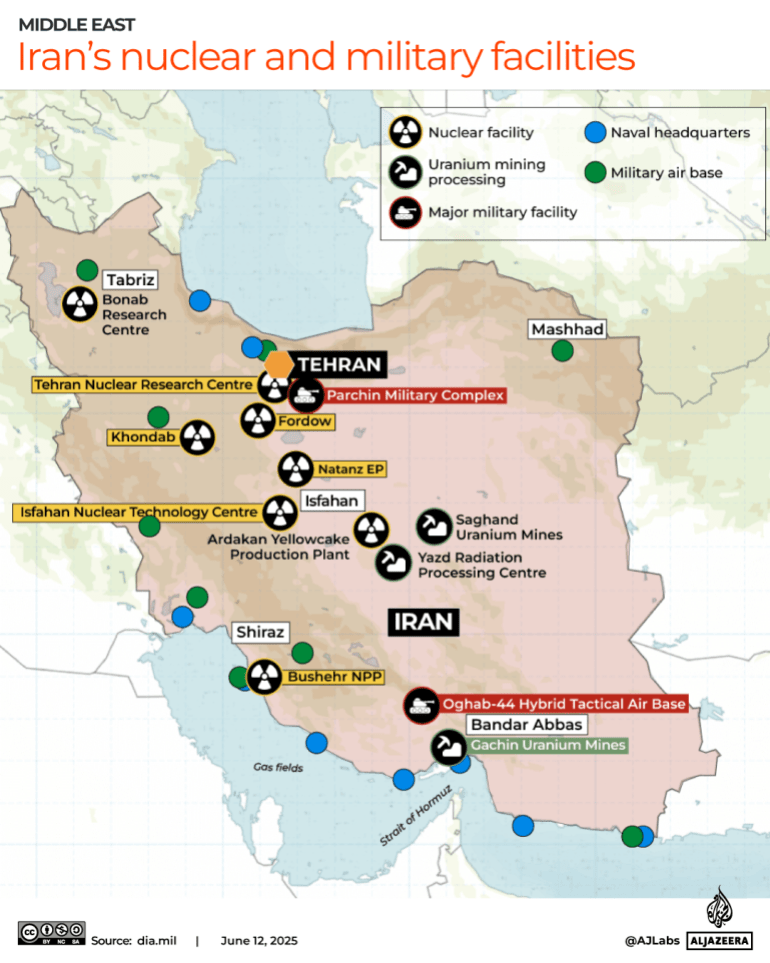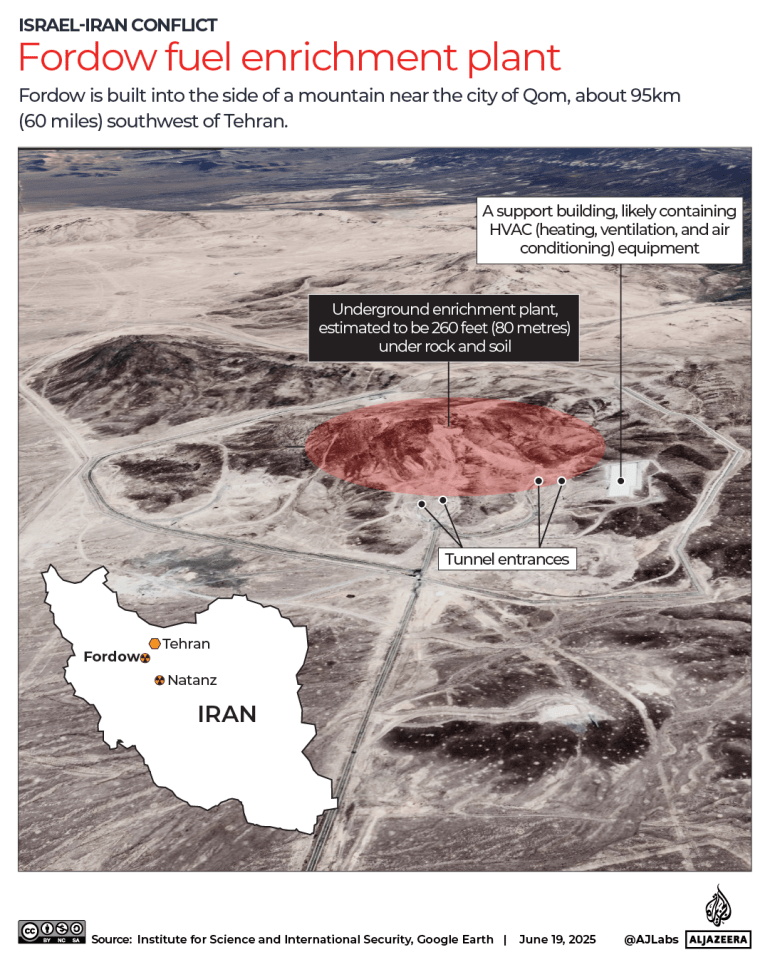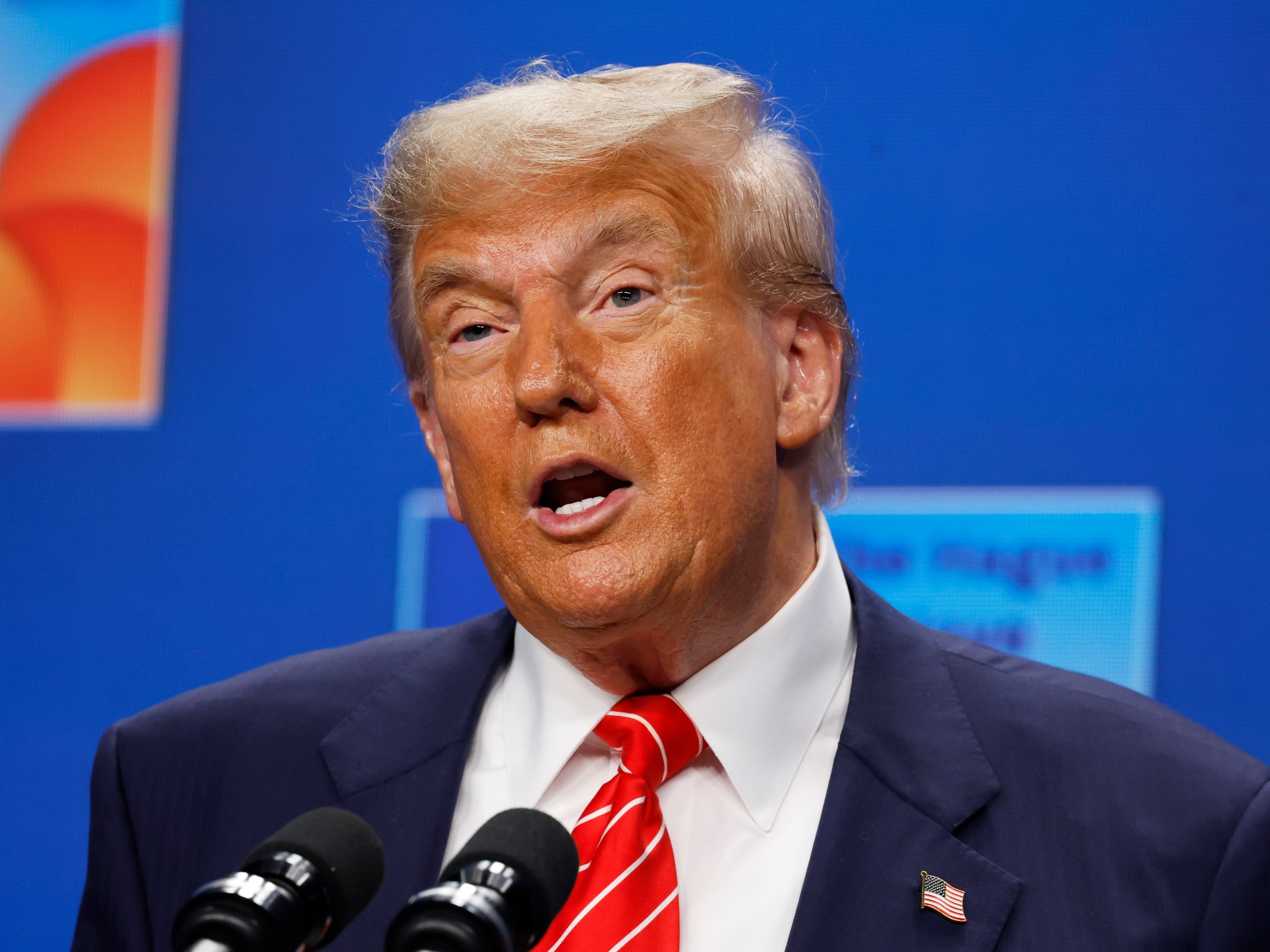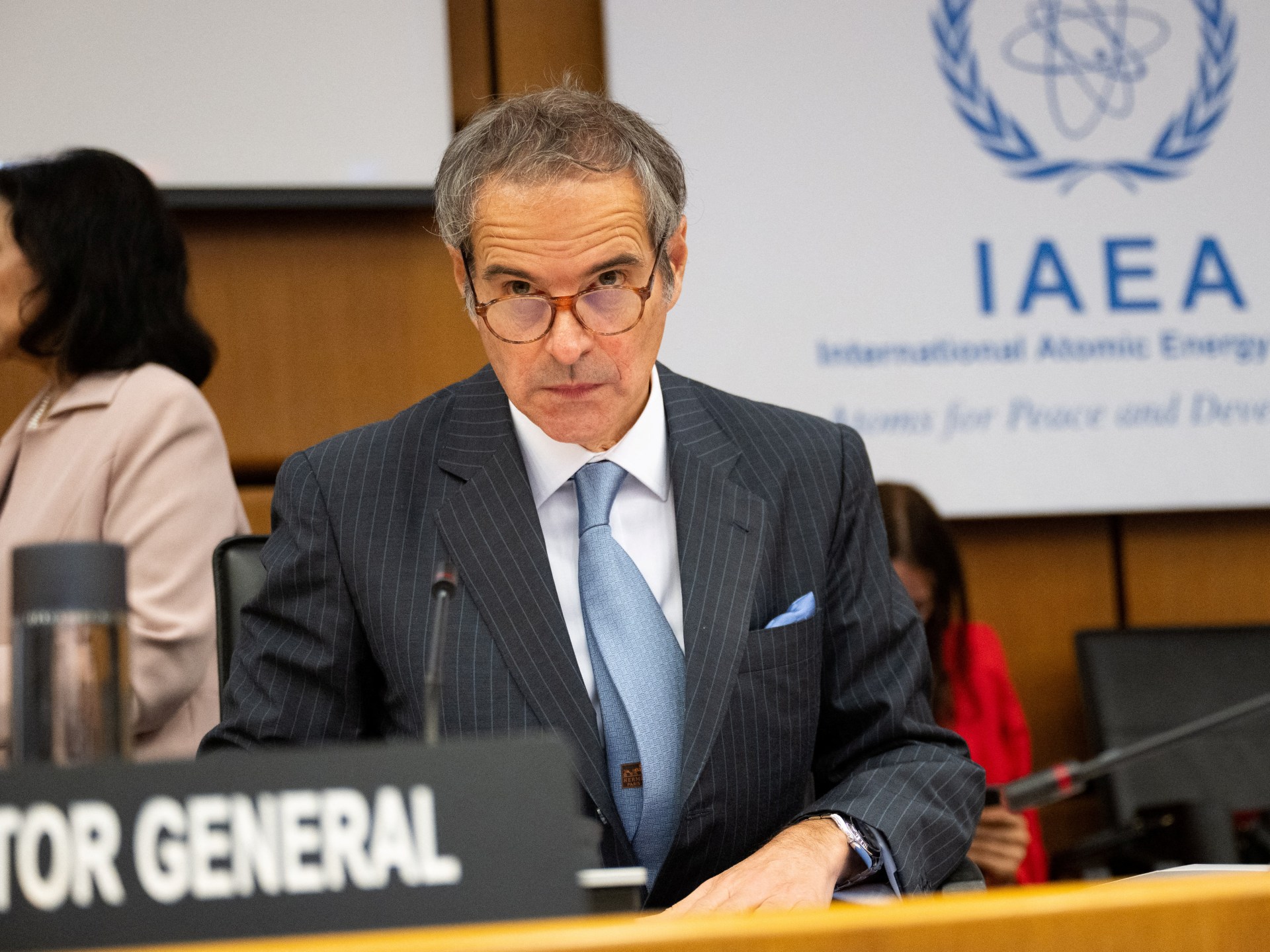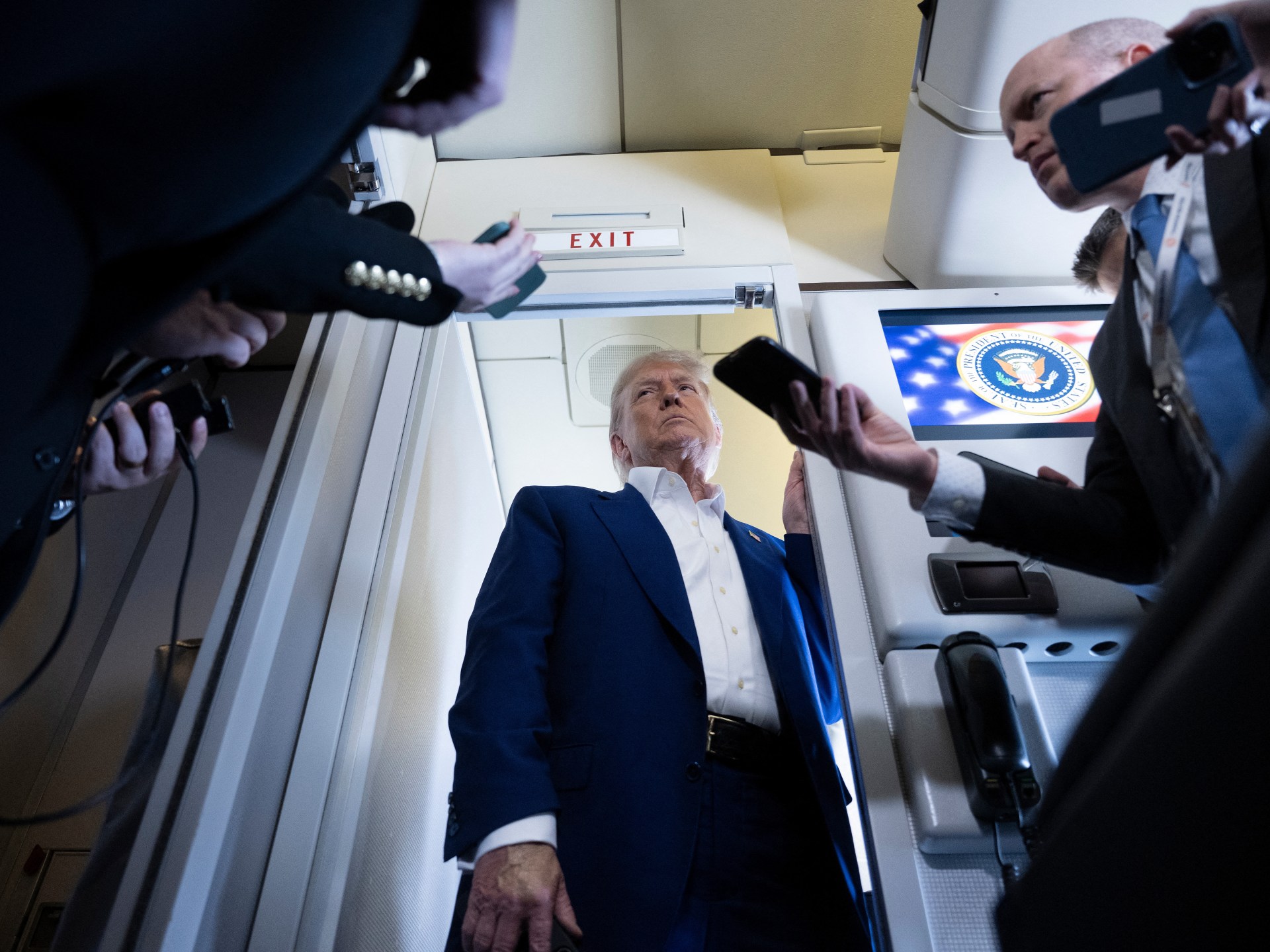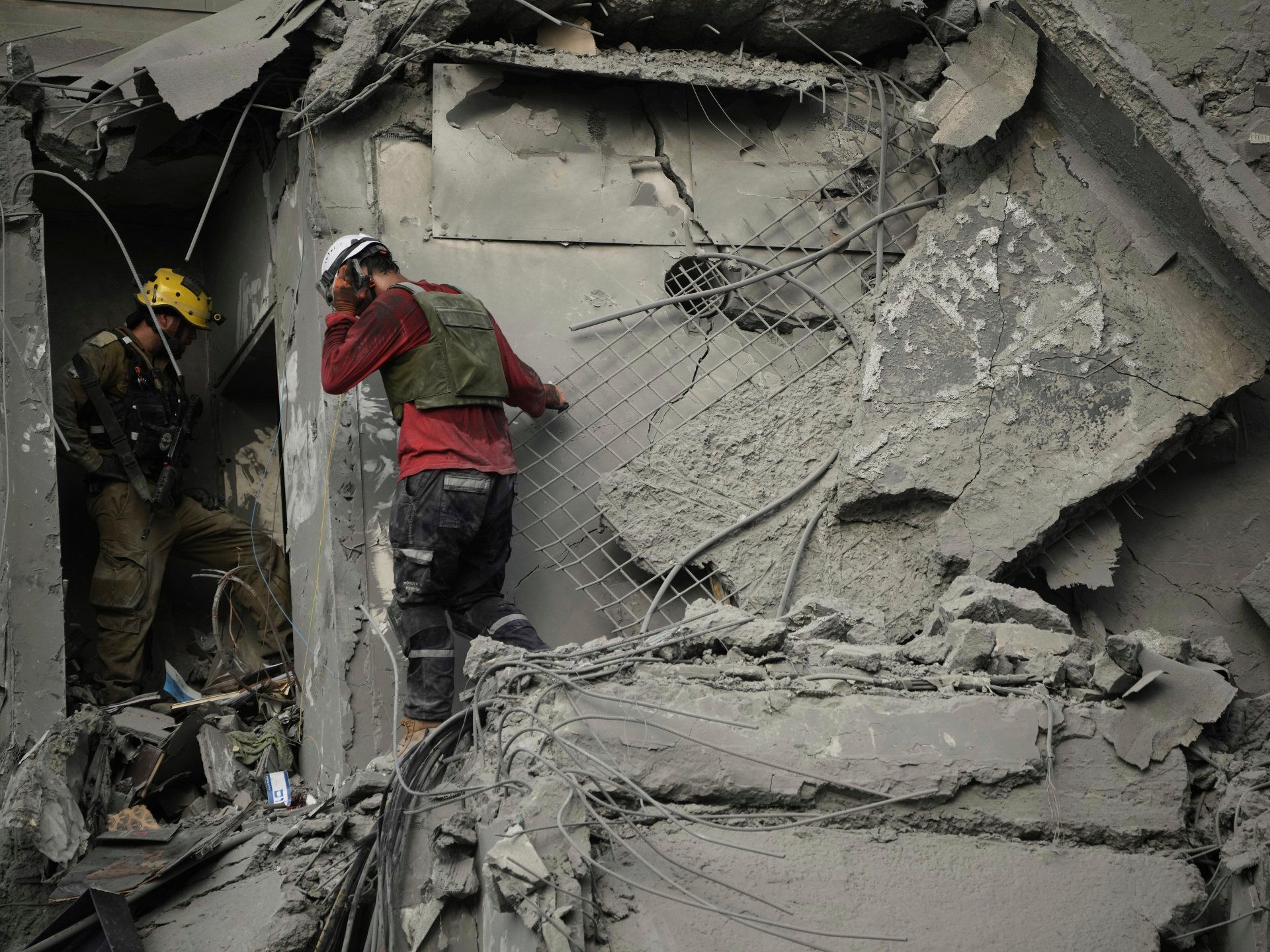United States President Donald Trump has insisted that the military strikes he ordered on Iran’s nuclear facilities on Sunday morning “completely obliterated” Iran’s uranium enrichment capabilities.
And after an initial classified US intelligence report contradicted that assertion, Trump and his administration have lashed out at those who leaked the document and the media that has covered it – throwing out its assessment.
The standoff between Trump and the evaluation of sections of his own intelligence community continued through Wednesday at The Hague, where the US president was attending the NATO summit and was asked several questions about the leaked document.
Yet it was only the latest instance of Trump publicly disagreeing with US intelligence conclusions during his past decade in politics – whether on Russia or North Korea, Venezuela or Iran.
Here’s what the latest spat is about, and Trump’s long history of disputing intelligence assessments:
What is Trump’s latest disagreement with US intelligence about?
On June 21, the US joined Israel in its strikes against Iran. US forces hit Fordow, Natanz and Isfahan, three Iranian nuclear sites, with a range of missiles and bunker-buster bombs.
Trump applauded the success of the US attacks on Iran multiple times. “Iran’s key nuclear enrichment facilities have been completely and totally obliterated,” he said in a televised address from the White House after the attack.
However, a confidential preliminary report by the intelligence arm of the Pentagon, the Defense Intelligence Agency (DIA), suggested otherwise.
The DIA report said the US attacks had only set Iran’s nuclear programme back by less than six months.
The report added that in the DIA’s assessment, Iran had moved its stockpile of enriched uranium before the strikes, something Tehran has also claimed. As a result, little of the material that Iran could in theory enrich to weapons-grade uranium had been destroyed.
On Tuesday, the White House rejected the findings of the intelligence report. “This alleged assessment is flat-out wrong and was classified as ‘top secret’,” White House Press Secretary Karoline Leavitt said in a statement, describing the person who leaked the document as a “low-level loser in the intelligence community”.
“The leaking of this alleged assessment is a clear attempt to demean President Trump and discredit the brave fighter pilots who conducted a perfectly executed mission to obliterate Iran’s nuclear program. Everyone knows what happens when you drop fourteen 30,000-pound bombs perfectly on their targets: total obliteration,” Leavitt added.
Trump also dismissed the report on Wednesday during the NATO summit in the Netherlands, continuing to claim that the US decimated Iran’s nuclear capabilities and denying claims that Tehran moved its enriched uranium. “I believe they didn’t have a chance to get anything out because we acted fast,” Trump said, adding “it would have taken two weeks, maybe, but it’s very hard to remove that kind of material… and very dangerous.
“Plus, they knew we were coming,” Trump added. “And if they know we’re coming, they’re not going to be down there [in the underground sections of the nuclear facilities].”
On Wednesday, the White House website published an article titled Iran’s Nuclear Facilities Have Been Obliterated – and Suggestions Otherwise are Fake News.
Besides Trump, the article also quotes Israel’s Atomic Energy Commission, which has said that “the devastating US strike on Fordow destroyed the site’s critical infrastructure and rendered the enrichment facility inoperable.” Of Iran’s three major nuclear sites, Fordow is the hardest to reach for Israel’s missiles, as it is buried deep under a mountain – which is why Israel successfully convinced the US to hit the facility with bunker-buster bombs.
Additionally, the White House article quotes the Trump-appointed US director of national intelligence (DNI), Tulsi Gabbard, as saying: “The operation was a resounding success. Our missiles were delivered precisely and accurately, obliterating key Iranian capabilities needed to quickly assemble a nuclear weapon.”
John Ratcliffe, director of the Central Intelligence Agency (CIA), also diverged from the DIA report, saying the US had “severely damaged” Iran’s nuclear facilities.
In a statement published on the CIA website on Wednesday, Ratcliffe said: “CIA can confirm that a body of credible intelligence indicates Iran’s Nuclear Program has been severely damaged by the recent, targeted strikes. This includes new intelligence from a historically reliable and accurate source/method that several key Iranian nuclear facilities were destroyed and would have to be rebuilt over the course of years.”
Yet Trump’s track record of disputing intelligence assessments and distrusting the intelligence community runs much deeper than Iran.
Did Trump disagree with US intelligence during his first term?
Yes, multiple times, including:
In 2016, on Russian election interference
The US intelligence community, in July 2016, accused Putin of meddling in the US presidential election with the aim of helping Trump defeat Democratic challenger Hillary Clinton.
In November of that year, Trump won the election. His transition team rebuked intelligence reports that concluded that Russian hackers had covertly interfered in the election.
In a statement, the Trump transition team said: “These are the same people that said Saddam Hussein had weapons of mass destruction.”
In an interview in December 2016, Trump himself said: “I think it’s just another excuse. I don’t believe it.”
He added that: “Nobody really knows. And hacking is very interesting. Once they hack, if you don’t catch them in the act, you’re not going to catch them. They have no idea if it’s Russia or China or somebody. It could be somebody sitting in a bed someplace. They have no idea.”
In 2018, again on Russian election interference
In July 2018, the US indicted 12 Russian military intelligence officers, accusing them of being involved in “active cyber operations to interfere in the 2016 presidential elections”, according to then-Deputy Attorney General Rod Rosenstein. This indictment was part of a probe into allegations of collusion between the Trump team and Russia before the 2016 election, being led by former FBI Director Robert Mueller.
That same month, Trump met his Russian counterpart Vladimir Putin in Helsinki for a joint summit. During a joint news conference after the two leaders had a one-on-one private discussion, Trump backed Putin on the Russian leader’s insistence that the Kremlin did not meddle in the 2016 election.
“I have great confidence in my intelligence people, but I will tell you that President Putin was extremely strong and powerful in his denial today,” Trump said.
“He just said it’s not Russia. I will say this: I don’t see any reason why it would be.”
Trump also said the Mueller investigation was a “disaster for our country” and drove a wedge between Washington and Moscow, the “two largest nuclear powers in the world”.
Former CIA Director John Brennan called Trump’s statements during the news conference “nothing short of treasonous”. Trump later pulled Brennan’s security clearances. Those clearances give select former officials access to classified information and briefings.
In 2019, over Iran, North Korea and ISIL (ISIS)
In 2019, Trump again rebuked the intelligence community, disagreeing with them over multiple issues.
The US intelligence community, on January 29, 2019, told a Senate committee that the nuclear threat from North Korea remained and Iran was not taking steps towards making a nuclear bomb.
Intelligence agencies said they did not believe that Iran violating the Joint Comprehensive Plan of Action, a nuclear deal signed between Iran and a group of countries led by the US in 2015. This, even though Trump had pulled out of the deal in 2018.
“The Intelligence people seem to be extremely passive and naive when it comes to the dangers of Iran. They are wrong!” Trump wrote on X, then called Twitter.
“Be careful of Iran. Perhaps Intelligence should go back to school!” Trump wrote in another X post.
On the other hand, US intelligence said North Korea was unlikely to give up its nuclear program.
On January 30, Trump contradicted this in an X post: “North Korea relationship is best it has ever been with US No testing, getting remains, hostages returned. Decent chance of Denuclearization.”
During his first term, Trump engaged directly with North Korean leader Kim Jong Un, and in June 2019, met him at the fortified Demilitarized Zone between the two Koreas – the first US president to travel there.
Meanwhile, US spy chiefs warned that the ISIL (ISIS) armed group would continue to launch attacks from Syria and Iraq against regional and Western adversaries, including the US.
That assessment was at variance with Trump’s views. In December 2018, he withdraw 2,000 US troops from Syria on grounds that ISIL (ISIS) did not pose a threat any more. “We have won against ISIS,” he said in a video.
What did Trump and US intelligence clash over recently?
During his second term, too, Trump has differed with the intelligence community’s conclusions on multiple occasions, including:
In April, over Venezuela
Trump’s current term has been marked by an aggressive immigration crackdown. In March, he signed a proclamation invoking the 1798 Alien Enemies Act. Trump’s proclamation claimed that the Venezuelan gang Tren de Aragua is “perpetrating, attempting, and threatening an invasion or predatory incursion” against US territory.
The proclamation says all Venezuelan citizens aged 14 or older “who are members of” the gang and are not naturalised or lawful permanent US citizens are liable to be restrained and removed as “Alien Enemies”.
In his proclamation, Trump said the Tren de Aragua “is closely aligned with, and indeed has infiltrated, the [Venezuelan President Nicolas] Maduro regime, including its military and law enforcement apparatus”.
However, in April, a classified assessment from the National Intelligence Council (NIC), an arm of the DNI, found there was no coordination between Tren de Aragua and the Venezuelan government. The assessment found that the gang was not supported by Venezuela’s government officials, including Maduro.
The Federal Bureau of Investigation (FBI) was the only one, among the 18 organisations that make up the US intelligence community, to disagree with the assessment.
In June, over Iran’s nuclear weapons
On March 25, Trump’s DNI Gabbard unambiguously told US Congress members that Iran was not moving towards building nuclear weapons.
“The IC [intelligence community] continues to assess that Iran is not building a nuclear weapon and Supreme Leader [Ali] Khamenei has not authorised the nuclear weapons programme he suspended in 2003,” Gabbard said.
On June 17, however, Trump told reporters he believed Iran was “very close” to building nuclear weapons, after he made an early exit from the Group of Seven summit in Canada.
Trump’s distrust for his own intelligence community is widely viewed as stemming from what he has described as a “witch-hunt” against him – the allegations that Russia interfered in the 2016 election to help him win.
During the 2018 news conference in Helsinki, Trump said: “It was a clean campaign. I beat Hillary Clinton easily.”
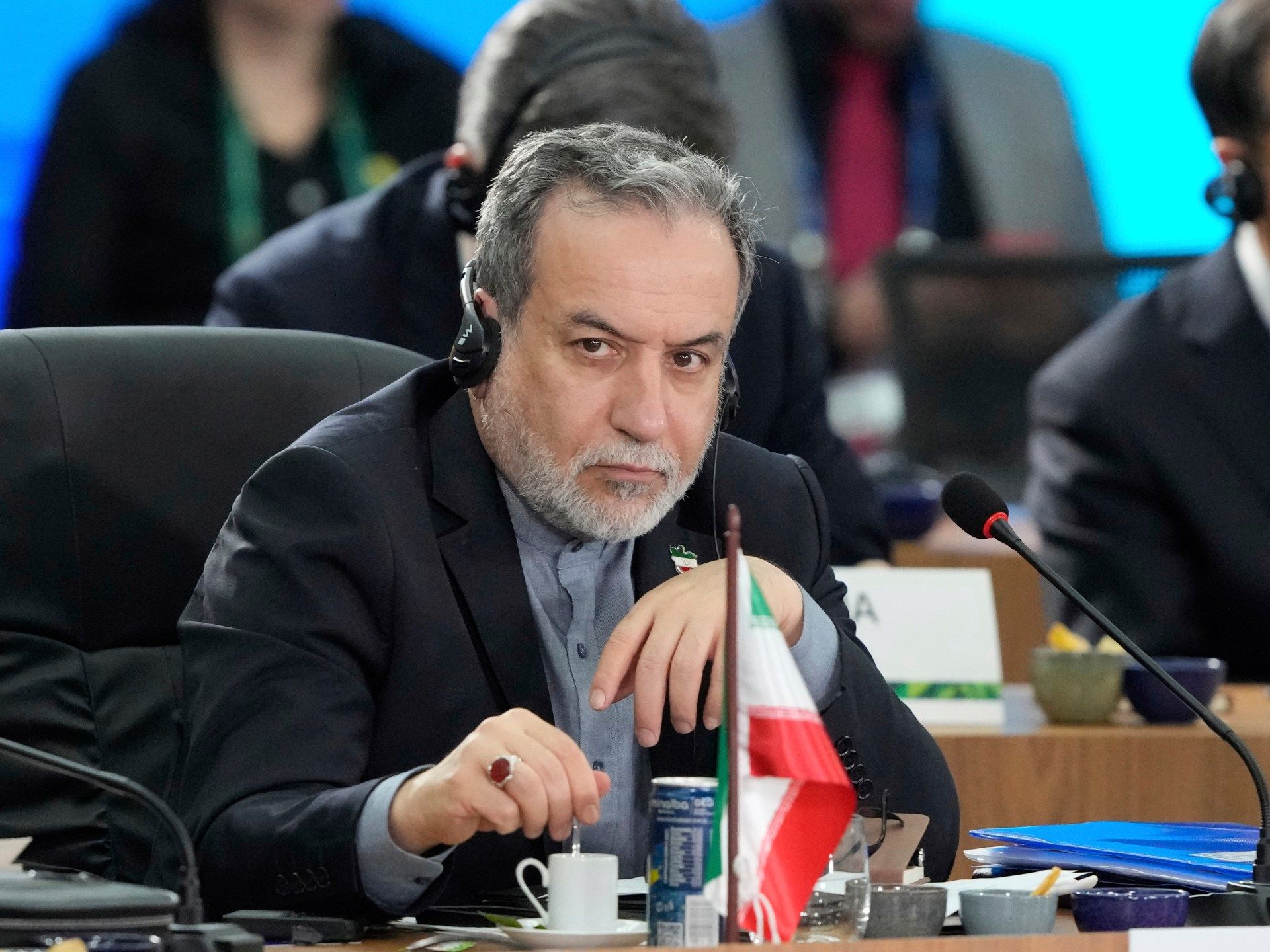
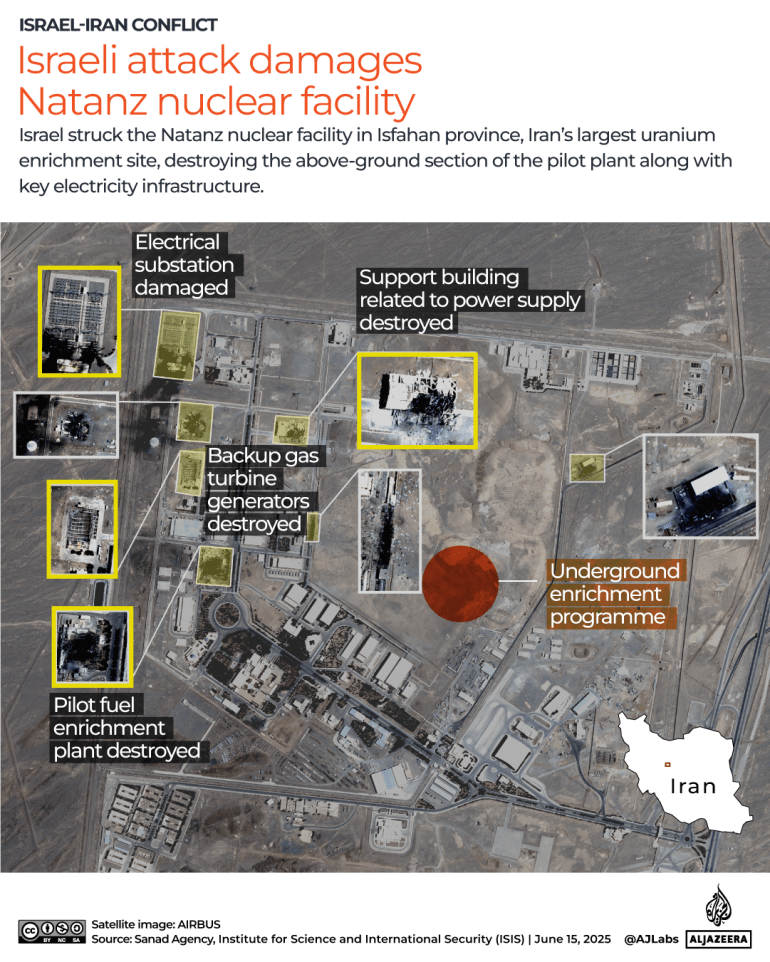


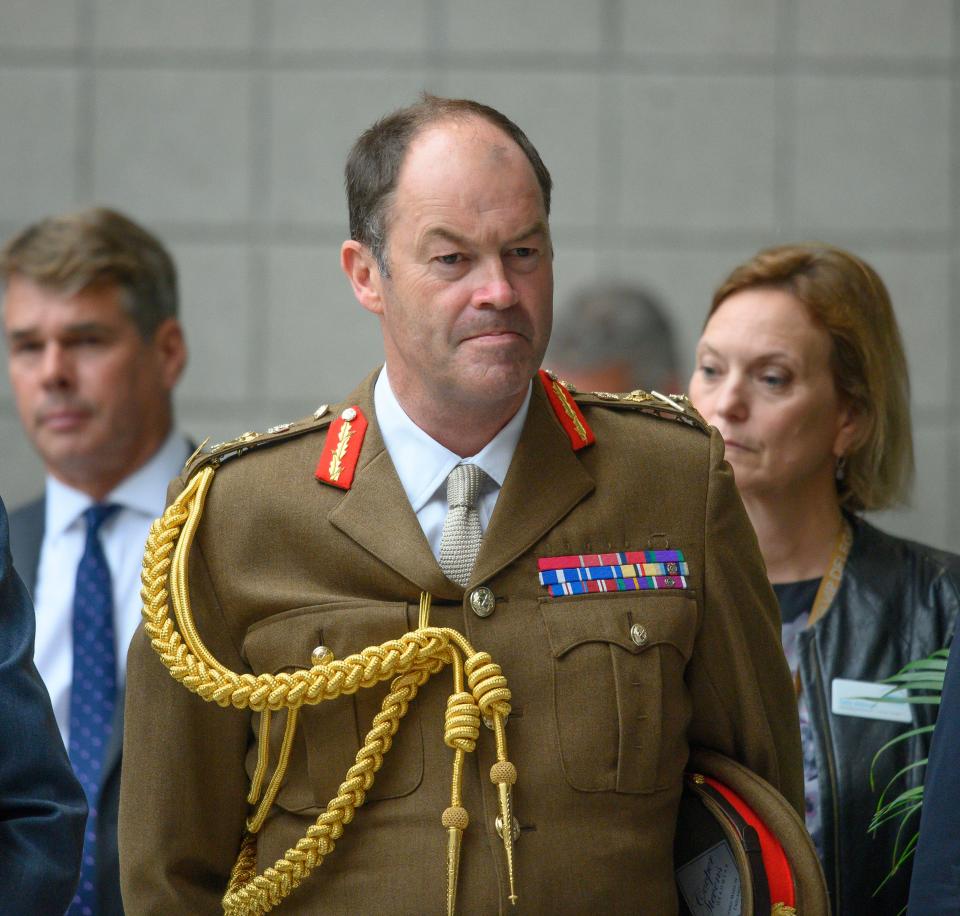

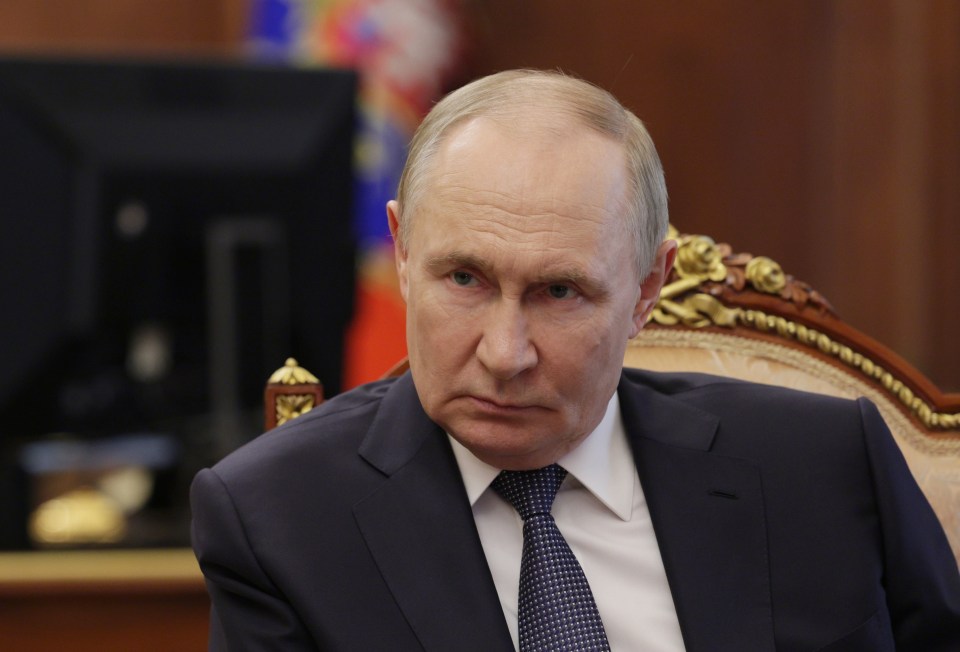
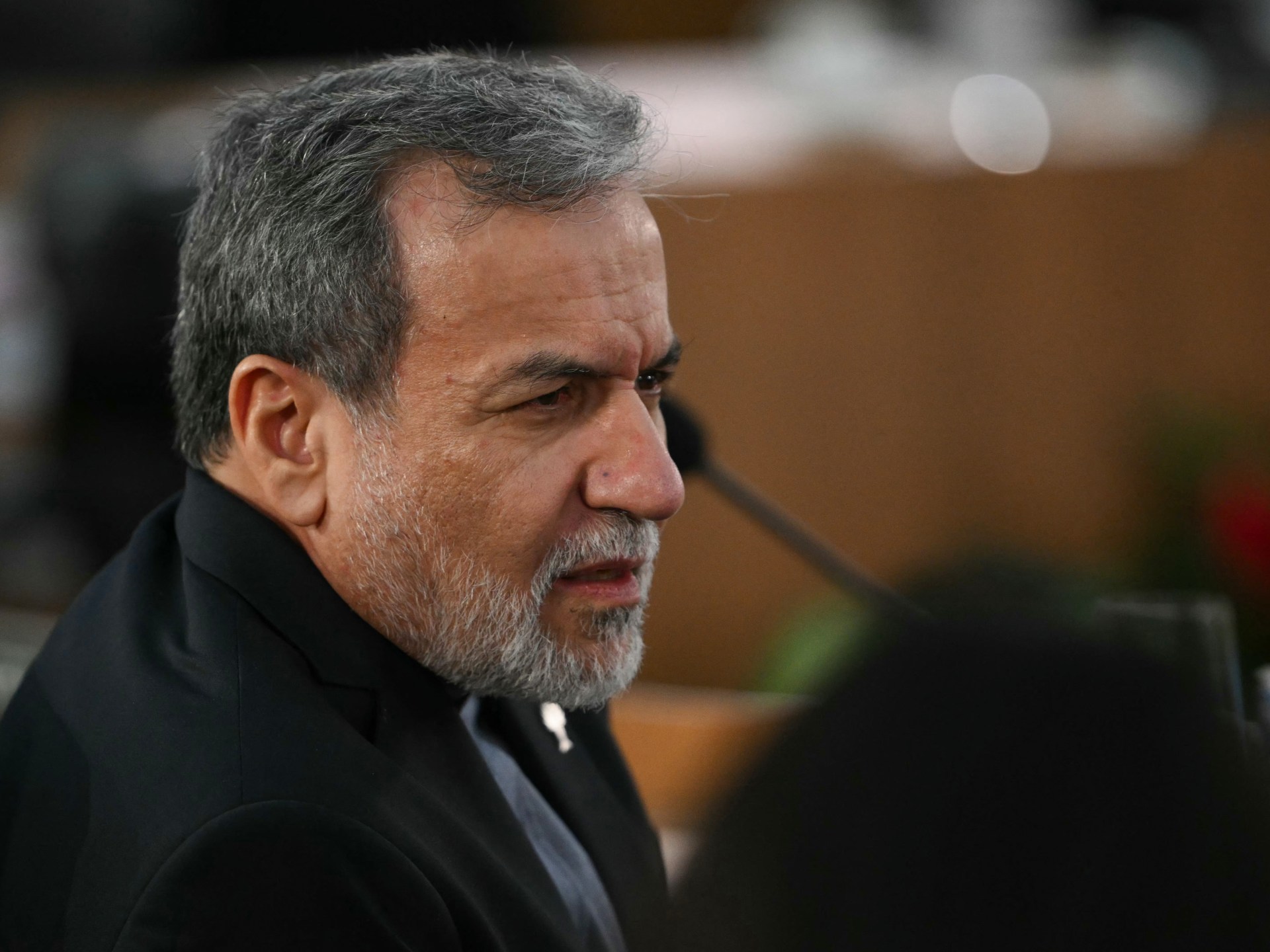
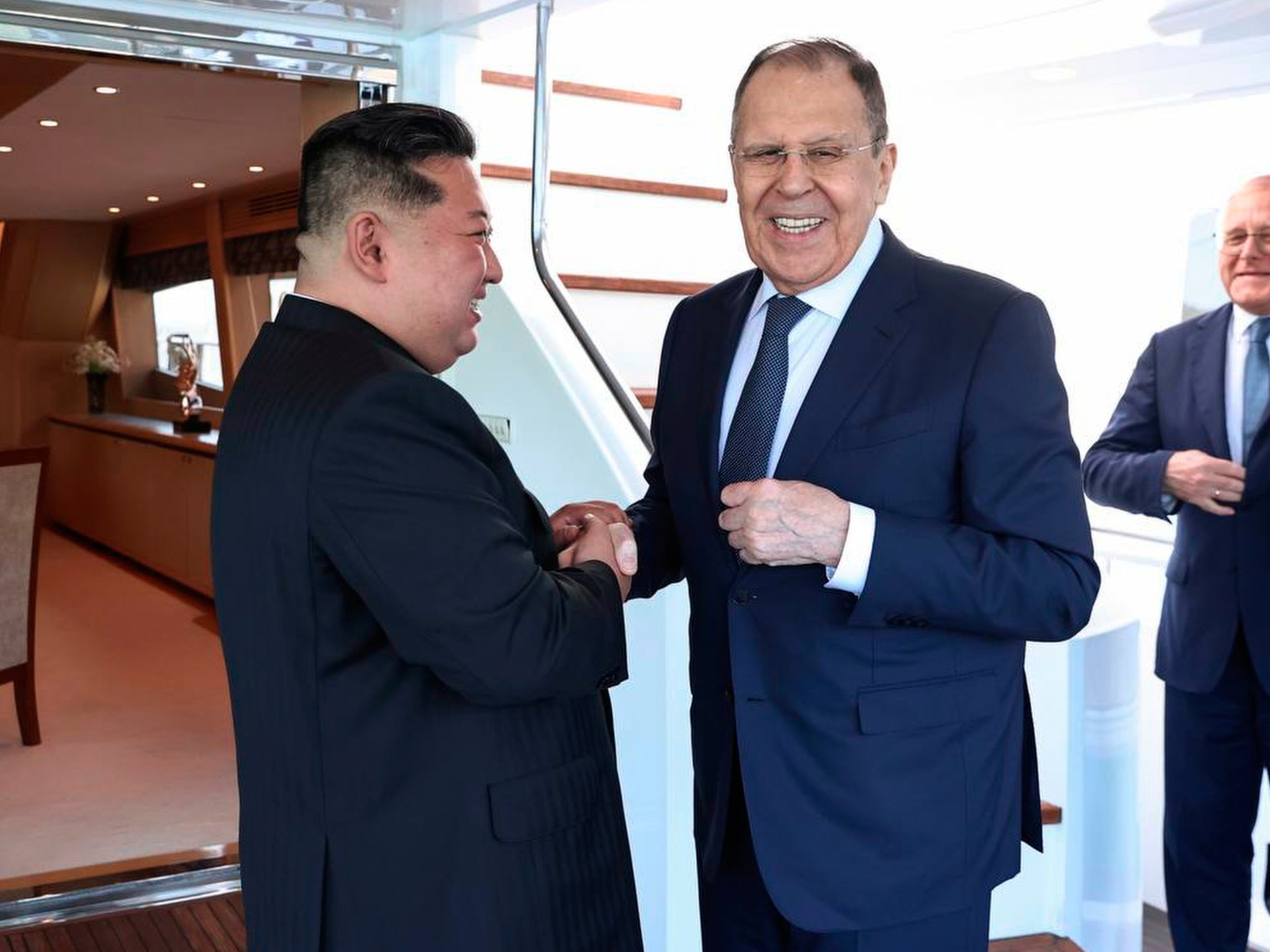
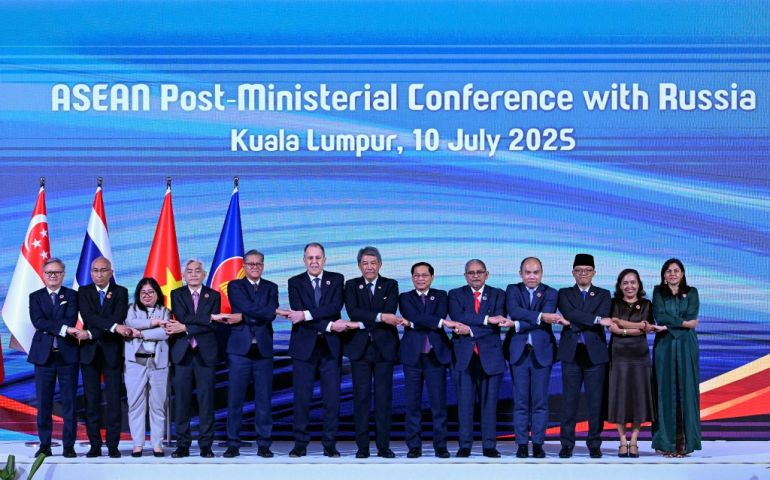
![Family photo of the attendees of the Association of Southeast Asian Nations (ASEAN) Post-Ministerial Conference with Russia during the 58th ASEAN Foreign Ministers meeting and related meetings at the Convention Centre in Kuala Lumpur on July 10, 2025. [Mohd Rasfan/ AFP]](https://www.occasionaldigest.com/wp-content/uploads/2025/07/000_66CV49R-1752135088.jpg)
